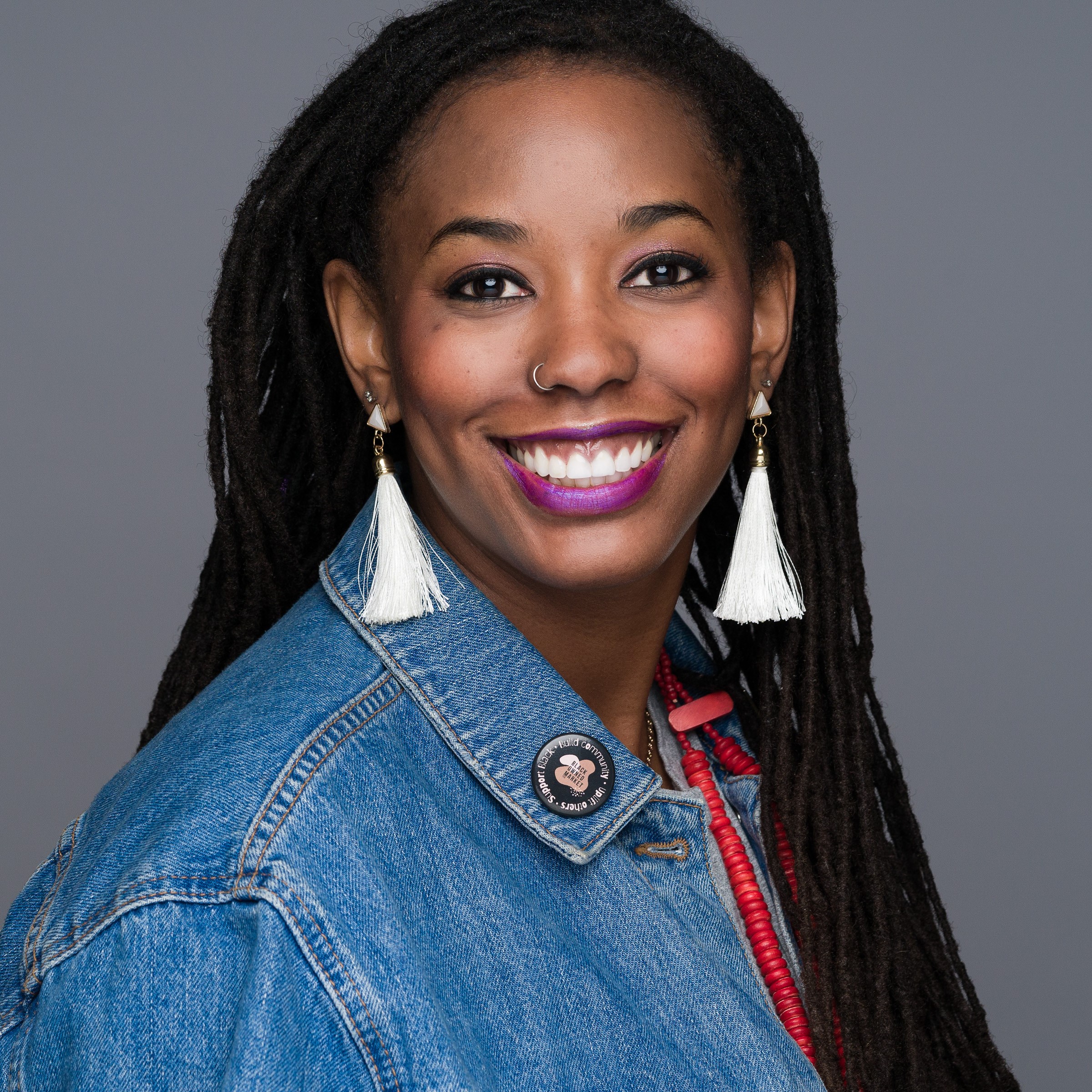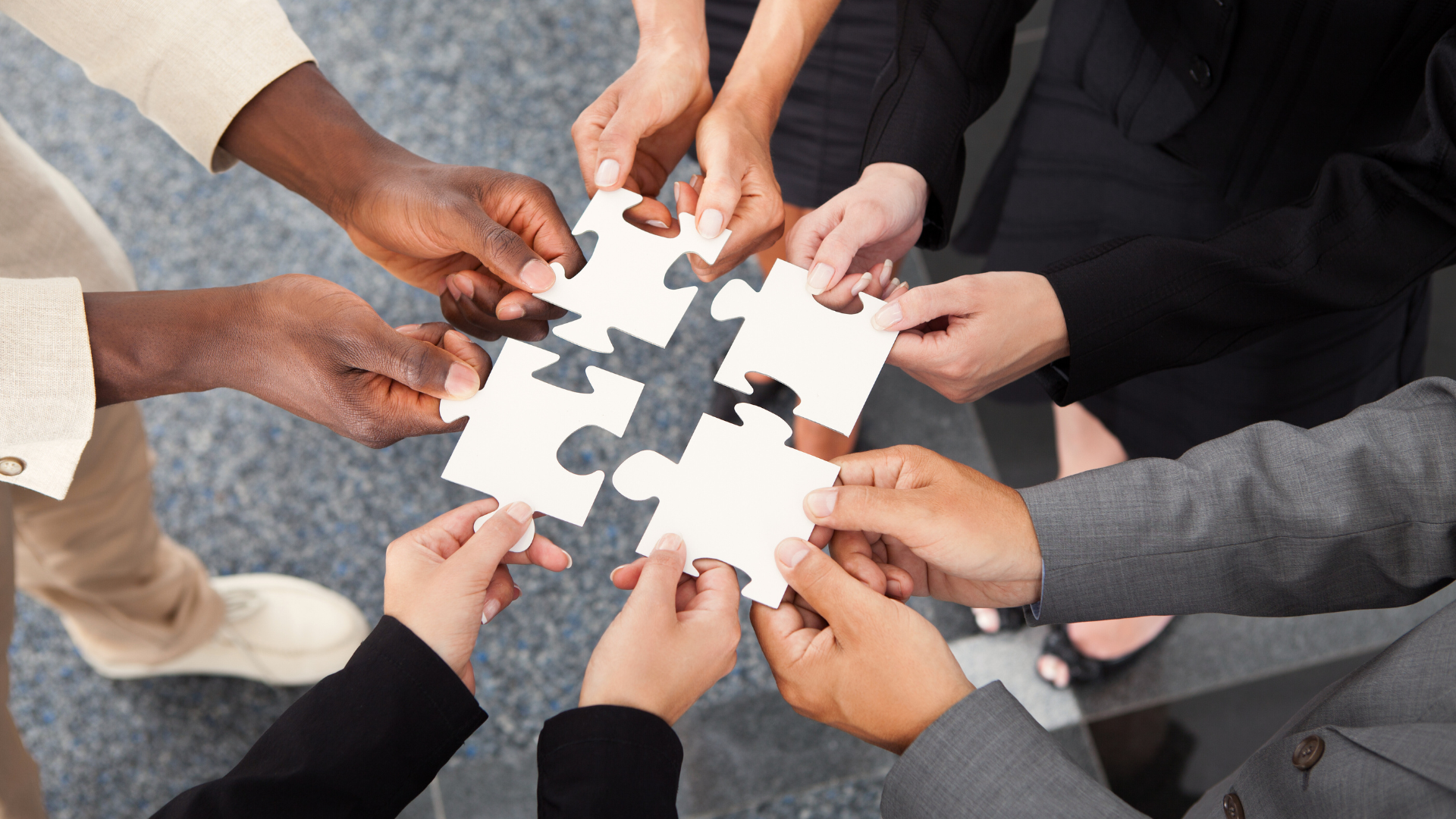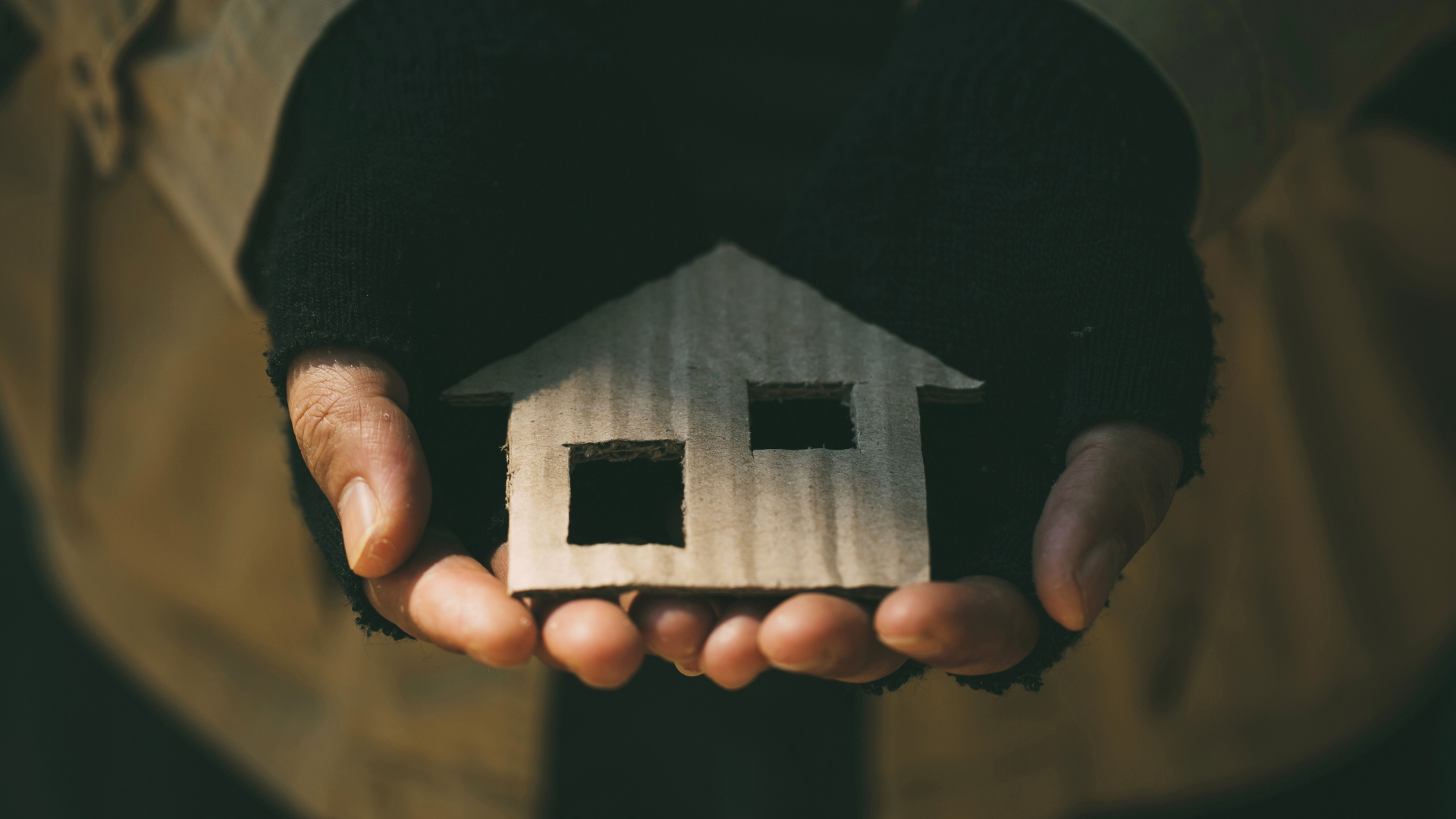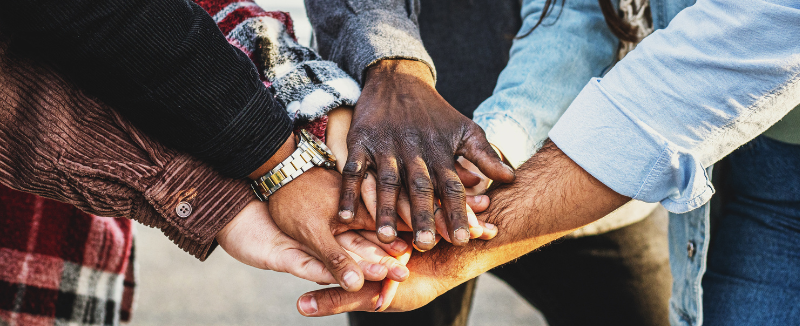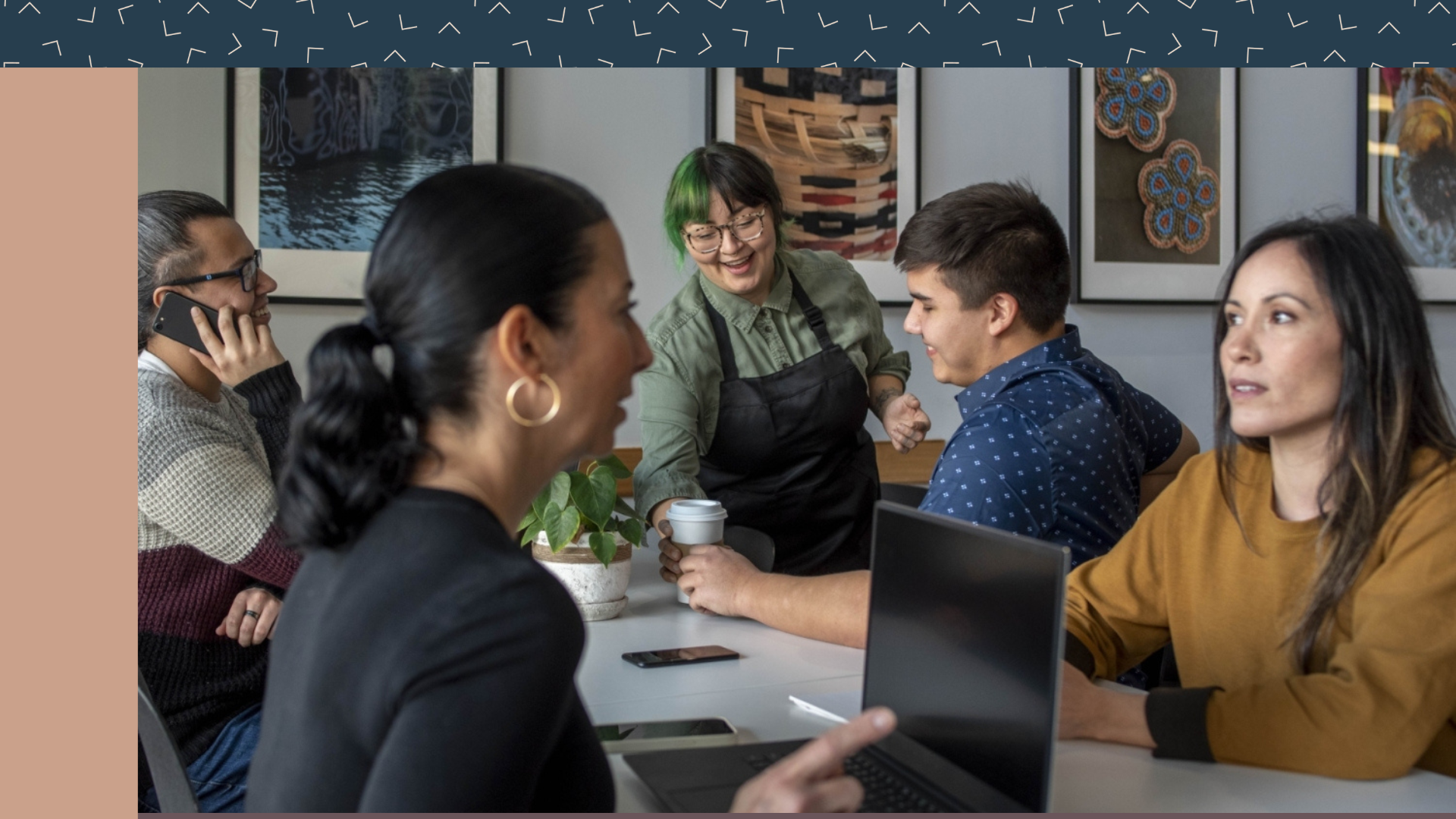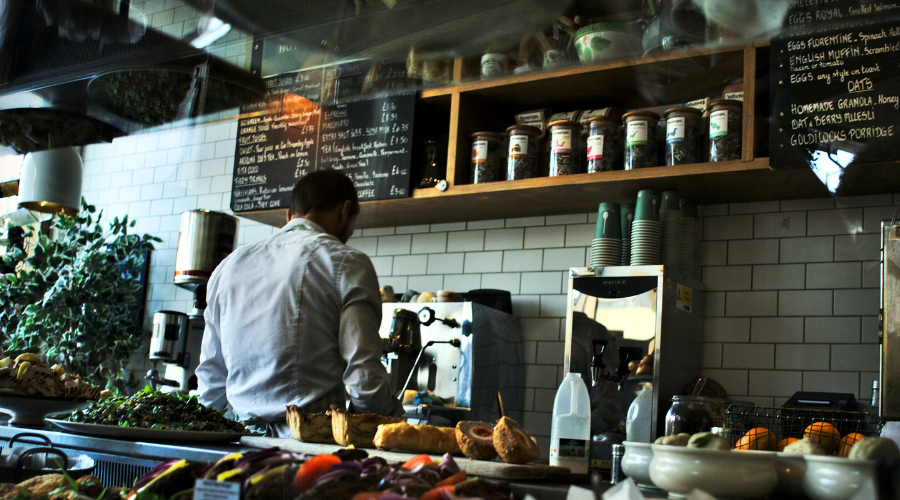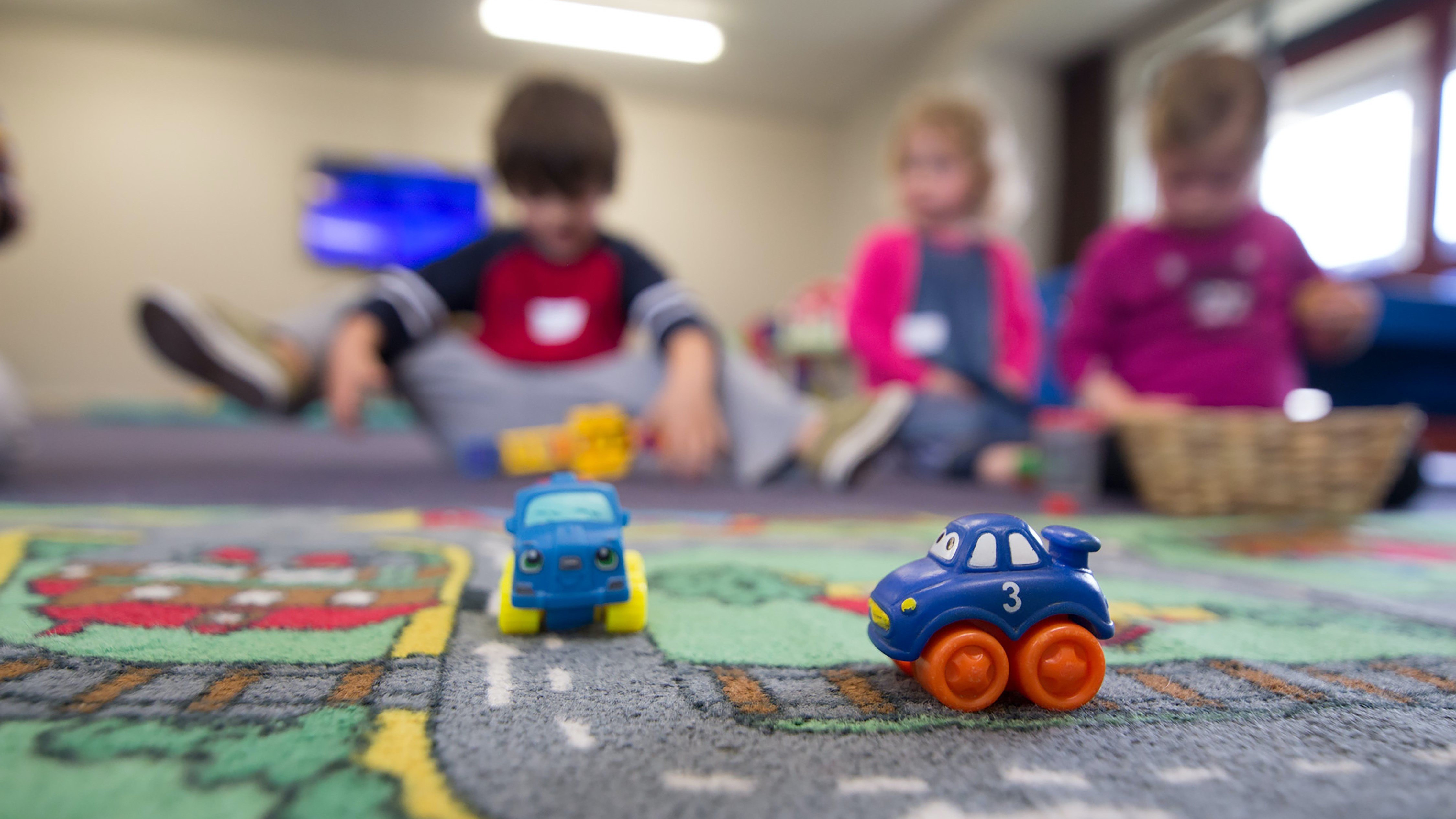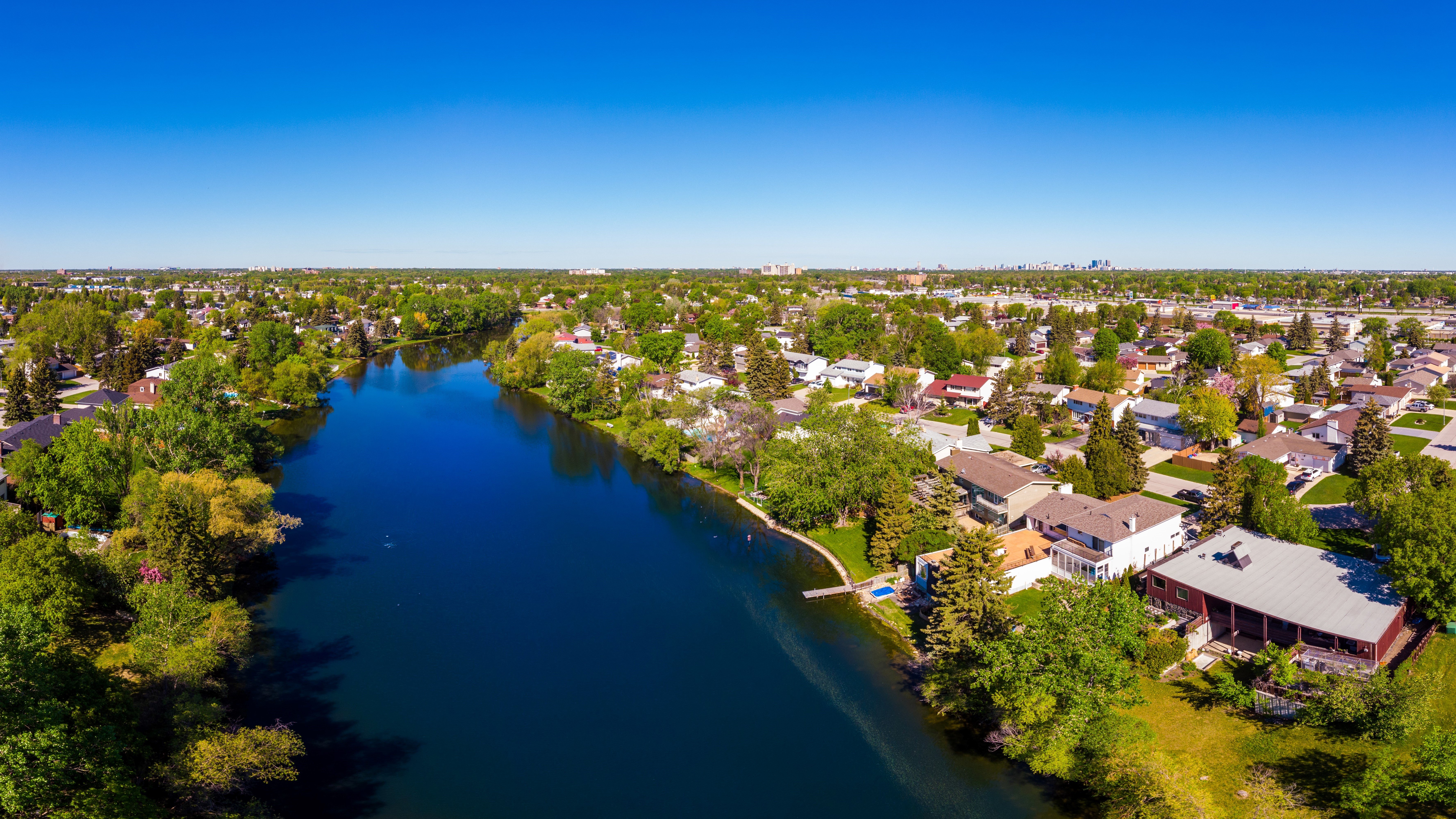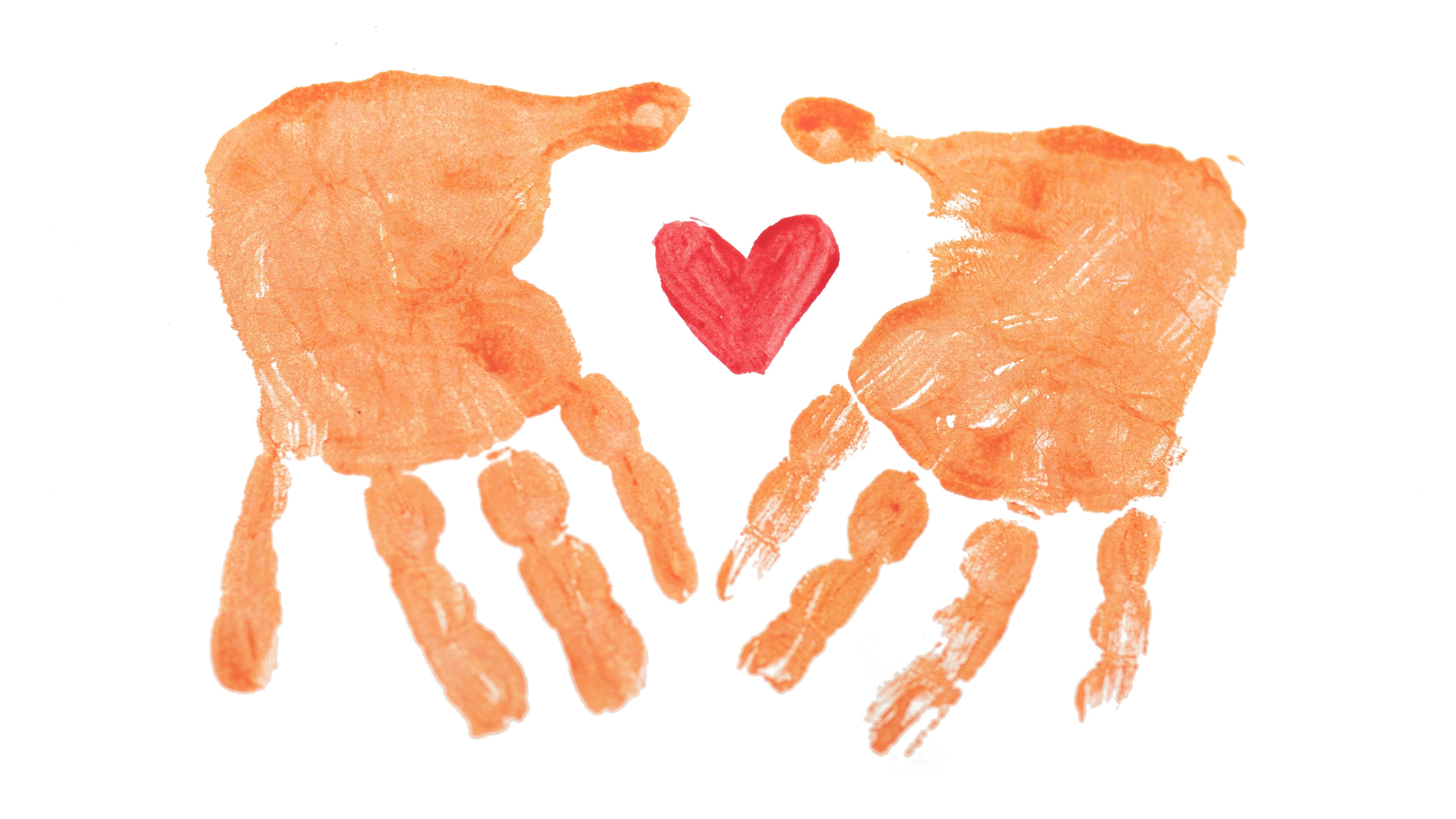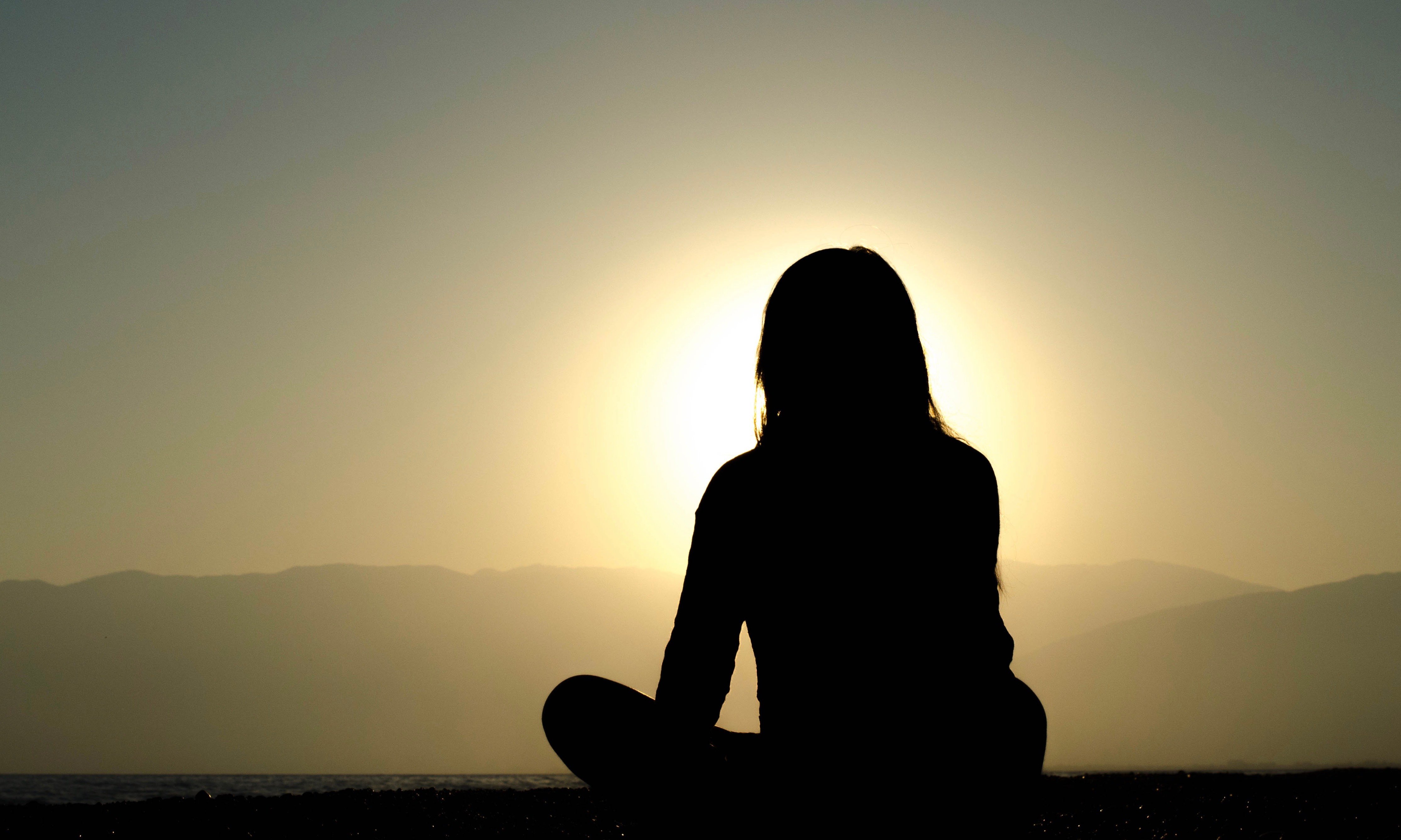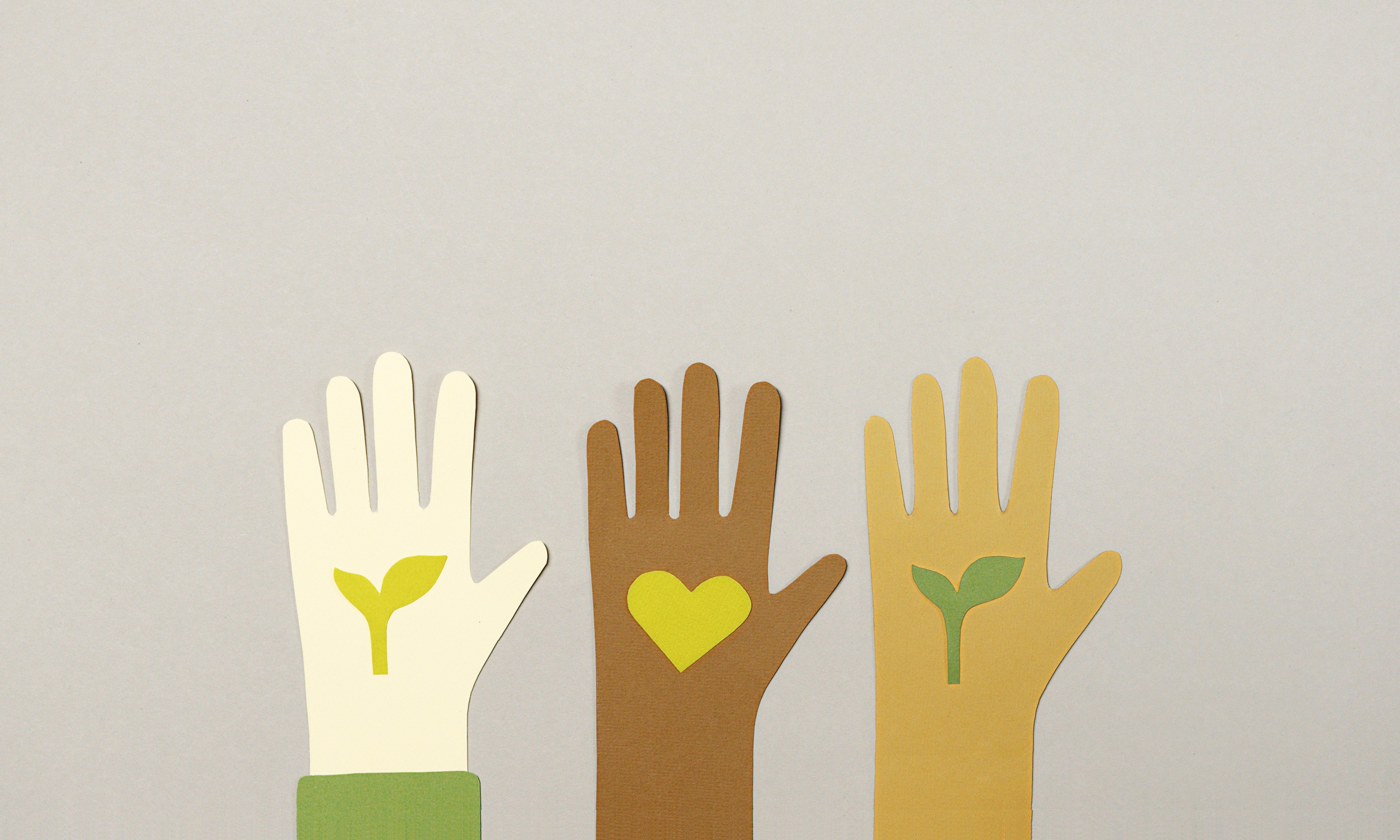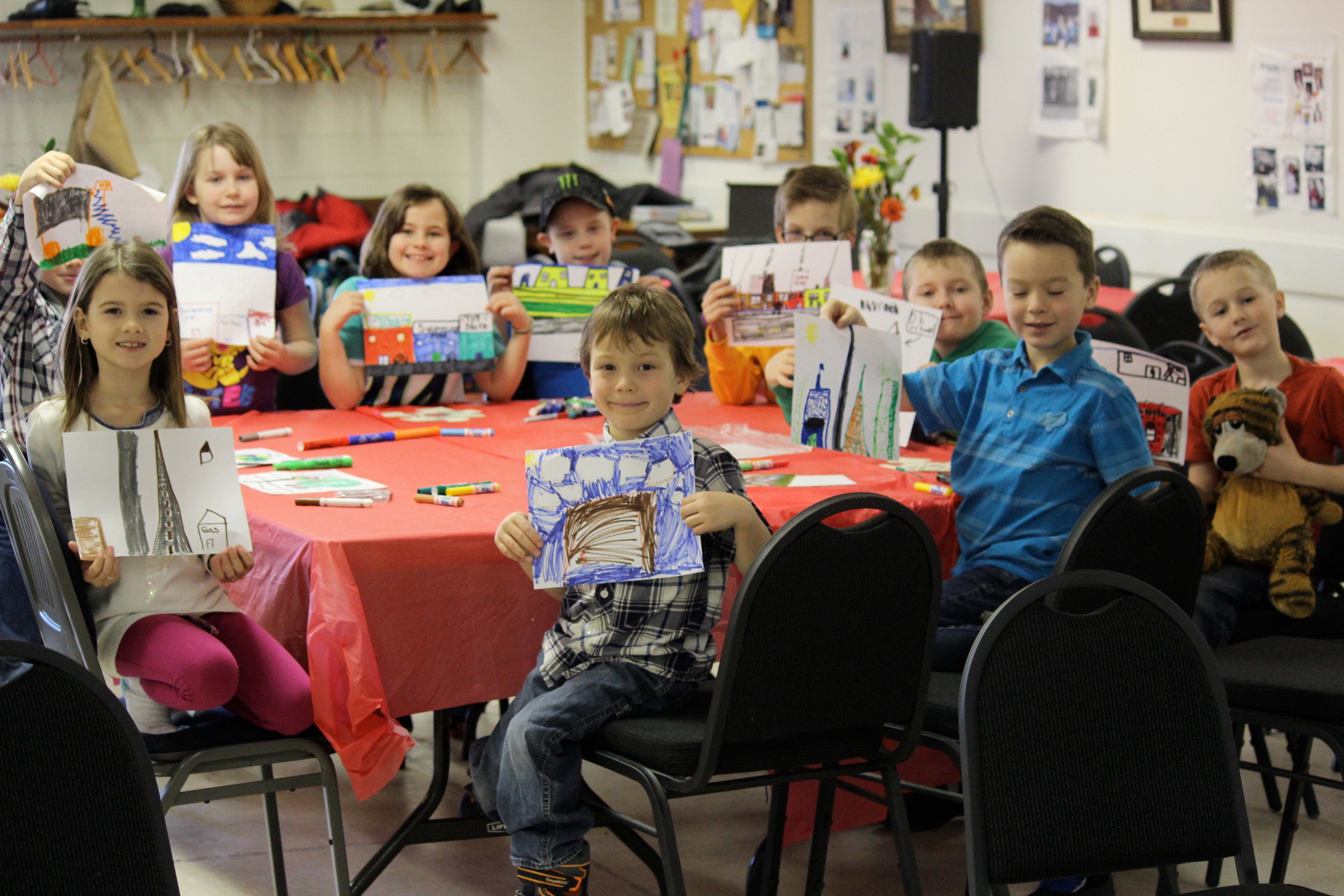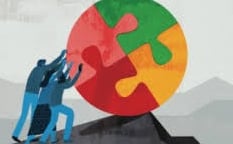Co-authored by members of the Black, Indigenous, and Racialized Community of Care for Equity Practitioners in Edmonton following a session facilitated by Reena Samra from the BIPOC Healing and Wellness Centre.
This work was never meant to be easy: Reflections on mental health, equity work, and the fight to stay whole
Some days, we wake up ready to transform the world. Other days, we can barely transform the energy it takes to leave our beds.
The truth is, equity-centered work takes a toll on our minds, bodies, and spirits. Fighting for equity while being racialized, while being inside the very systems we’re trying to change, means carrying a weight that most people will never understand.
We don’t do this work for fun. We don’t do it for clout. We do it because we have to. Because it’s survival. It’s life and death. It’s the only path that makes sense when the alternative is complicity in harm. And while we know healing is necessary to lead this transformation, we also know how deeply draining it is to try to bend systems not built for us. Sometimes it feels like we’re bending ourselves in the process – shrinking, filtering, code-switching until we don’t recognize who we are anymore.
This is why many of us lean into imagination as healing. We imagine what new systems could look like. We imagine futures not rooted in harm, but in dignity. We imagine what might be possible if we didn’t have to spend so much time surviving the systems of our current reality.
So, how do we survive this?
We find our people.
We build community with those who get it – those who don’t require a backstory or a citation to believe our pain.
We learn to distinguish when it’s important to let go.
When the cost of caring is too great to our health or too insignificant to extoll emotional labour. Learning to recognize when we need to rise. When speaking truth to power is necessary.
When transformative leadership is needed in the face of injustice,
We name the opposition to our work for what it is: noise.
It’s designed to distract, divide, and conquer. It thrives when we are isolated. It benefits from our exhaustion. But we know better now. We hold fast to the truth: equity-centered leadership is needed more than ever – but not at the cost of our joy, our wholeness, or our mental health.
We recognize lateral violence and choose not to participate in it.
Some days, the harm comes from systems. Other days, it comes from people. And it hurts when harm comes from our own communities. Interpersonal harm may cut deeper in the moment, but it’s often a symptom of deeper systemic failure. We hold that tension. We don’t ignore it.
But not at the cost of minds, bodies and spirits.
And what about the cost of proximity to whiteness?
When the decision-makers are white, and their decisions benefit and uphold whiteness, we feel it.
It's more than strategy – it’s soul work.
We’re left negotiating our own moral injury: What happens when the only way forward means compromising our values to make the work more “palatable”? What happens when our authenticity is punished, when our full selves are seen as “too much”? When vulnerability is weaponized, and institutional power is used to diminish us?
Not everyone deserves our vulnerability.
We need allies, yes – but we also need boundaries that protect our spirits. We must recognize when attaching ourselves to whiteness means distorting ourselves beyond recognition. Because code-switching, constant monitoring, and contorting to survive – it doesn’t just hurt. It erodes our sense of self.
The mental gymnastics required to navigate whiteness is real.
We find ourselves asking: When does allyship become a courtesy that ends when it’s no longer convenient? When does proximity become a tool of harm?
So we develop our non-negotiables.
We make empowered choices.
We decide when and how we show up.
We honour our values and protect our intellectual property.
Sometimes, that means confidentiality clauses or clearly defined agreements that make space for respect, for dignity, for consent.
We step into empowered choice when we recognize our “no” as sacred.
We give less in the moment – so we can give more to ourselves in rest.
Rest is not a reward.
It’s resistance.
It’s our ancestral right.
But even in rest, the racial battle fatigue lingers.
Because this work doesn’t pause when we clock out. We carry it home. We feel it in our bones. It’s the quiet violence of being gaslit by institutions. It’s the chaos of experiencing racism, then being expected to explain it. It’s knowing someone is actively trying to make us feel small – and still being forced to figure out how to respond in a way that won’t cost us everything.
And when we conspire to protect or defend those under attack, we calculate the risks: Who can speak up? Who’s safest to challenge? What are the impacts on our role, our livelihood, our lives?
Why would we compromise joy to play a game we were never meant to win?

So when the burnout creeps in, we remember what sustains us – not just the work, but our hearts.
We dance alone in our living rooms.
We cook our favourite foods.
We step barefoot in the grass.
We cancel plans without guilt.
We read. We swim. We laugh with friends.
We call our Elders and remind ourselves – they’re proud. Even if they don’t say it, they are.
We create joy that doesn’t have to serve a mission.
We let it just be joy.
Because this work was never meant to be easy. But that doesn’t mean we do it alone.
We celebrate our glimmers. We honour our boundaries.
We conspire to heal and protect one another.
And we remind ourselves that even when the systems try to erode us…
We are still here.
Still breathing.
Still resisting.
Still whole.
__________________________________________________________________________________
The Tamarack Institute is a registered Canadian charity dedicated to ending poverty in all its forms, for good. We support real people and invest in real communities for long-term change.



